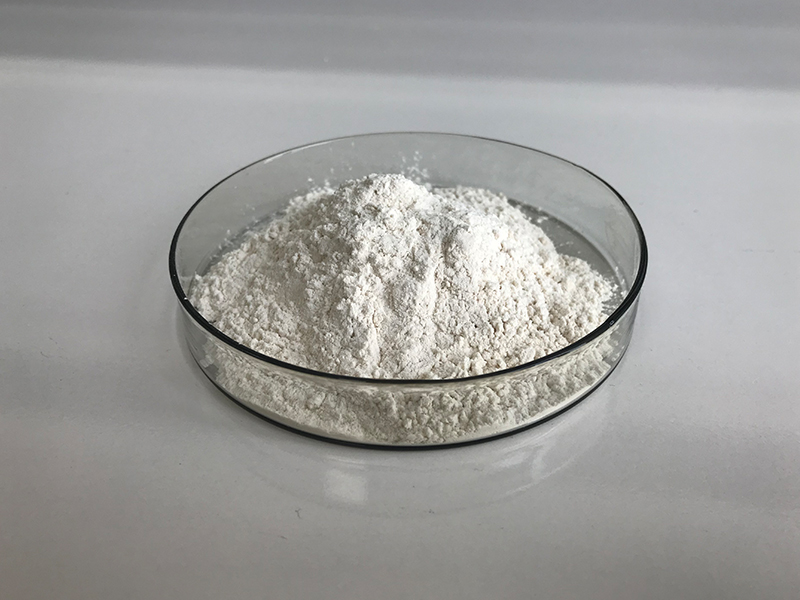Lufenuron and Fenbendazole are two different medications used in veterinary medicine, and they have distinct mechanisms of action and applications.
Lufenuron:
Class: Lufenuron is an insect development inhibitor.
Mechanism of Action: It works by inhibiting the production of chitin, a component of the exoskeleton of insects. This disrupts the growth and development of flea larvae and prevents the formation of a mature exoskeleton.
Use: Lufenuron is commonly used in veterinary medicine as a flea control treatment. It is often administered orally to pets and acts by breaking the flea life cycle.

Fenbendazole:
Class: Fenbendazole is an anthelmintic, which means it is an anti-parasitic drug used to treat various types of internal parasites (worms).
Mechanism of Action: Fenbendazole interferes with the energy metabolism of parasites, disrupting their ability to survive and reproduce.
Use: Fenbendazole is used to treat a variety of internal parasites in animals, including roundworms, hookworms, whipworms, and certain types of tapeworms. It is commonly used in both domestic pets and livestock.
Differences:
Target Organisms: Lufenuron primarily targets insects, especially fleas, by inhibiting their growth. Fenbendazole, on the other hand, is effective against a broader range of internal parasites in animals.
Mechanism of Action: Lufenuron acts by inhibiting chitin synthesis, which is specific to insects, while fenbendazole disrupts the energy metabolism of parasites, affecting a broader spectrum of organisms.

Application: Lufenuron is often used for flea control and is administered orally. Fenbendazole is typically administered orally and is used to treat various internal parasitic infections.
Usage in Animals: Both medications are used in veterinary medicine, but they are applied in different contexts. Lufenuron is commonly used for flea prevention in pets, while fenbendazole is used for treating internal parasites in a wider range of animals.
It’s important to note that the use of these medications should be under the guidance of a veterinarian, as proper dosage and administration are crucial for their effectiveness and safety.
